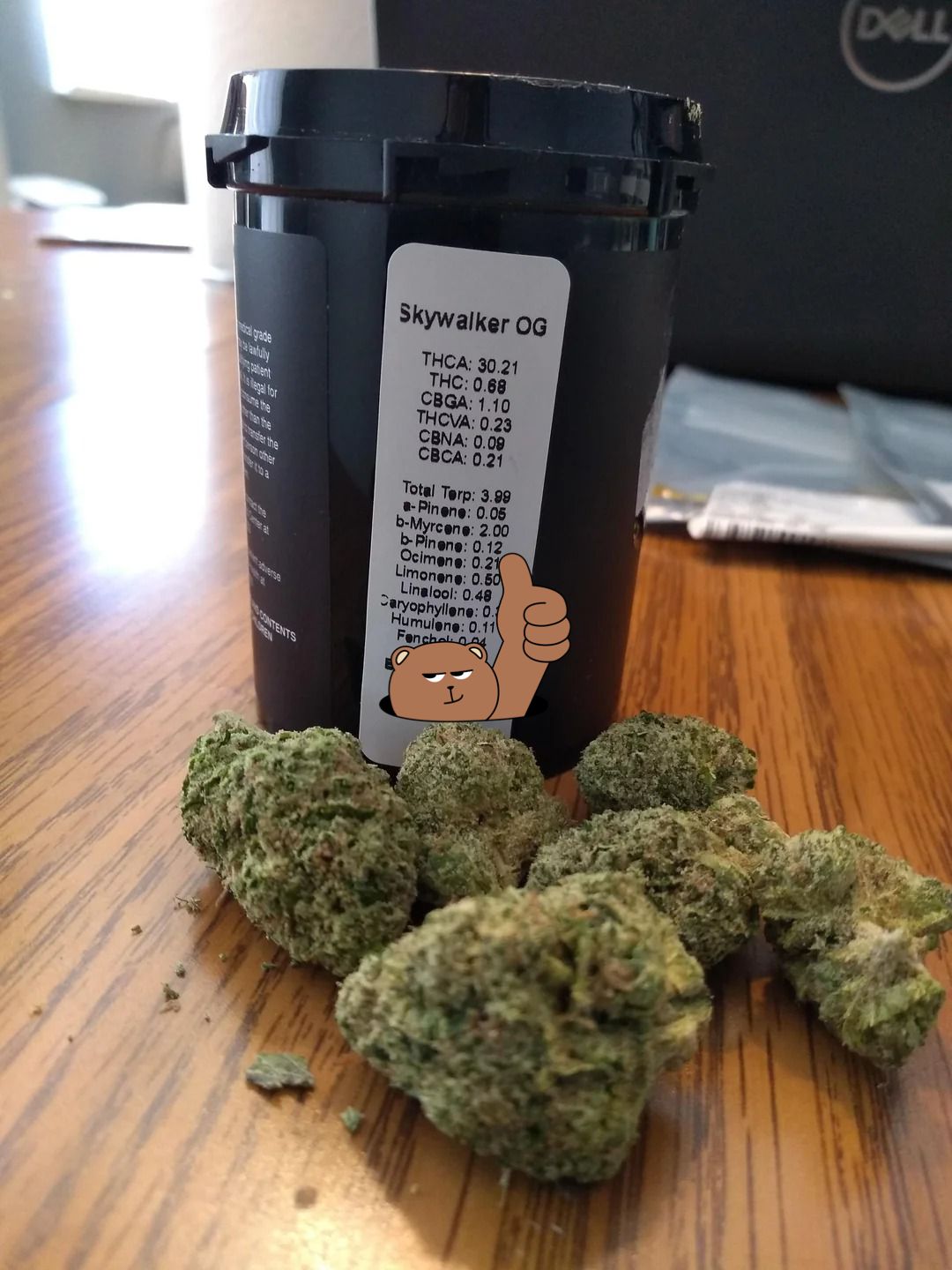Cannabis in Piedecuesta: Changing Perspectives, Legal Shifts, and Economic Potential

Piedecuesta, a small town nestled in the Santander Department of Colombia, is known for its proximity to Bucaramanga, its rich history, and its beautiful natural surroundings. While it is predominantly recognized for agriculture, commerce, and tourism, Piedecuesta is also starting to engage with broader national discussions surrounding cannabis, particularly in light of Colombia’s evolving drug laws. As the national conversation shifts toward cannabis legalization for both medicinal and personal use, Piedecuesta finds itself in a unique position to explore the social, cultural, and economic potential that cannabis may bring.
The Legal Landscape: Decriminalization and New Challenges
In 2022, Colombia made a significant step in the direction of cannabis reform when the Constitutional Court decriminalized the possession of up to 20 grams of marijuana for personal use. This decision was a part of the ongoing shift in Colombia’s drug policies, moving from punitive measures toward a more health-centered approach. For the residents of Piedecuesta, this change means that possessing small amounts of cannabis for personal consumption no longer carries the threat of criminal prosecution on weed in Piedecuesta .
While this reform is a step forward, the sale and distribution of cannabis remain illegal in Piedecuesta, as is the case across Colombia. This creates a grey area in which cannabis use is permissible, but acquiring it remains tied to the black market. This situation presents a challenge for local authorities and consumers alike, as the absence of a regulated market means limited access to safe, legal cannabis products on weed in Piedecuesta.
However, the legal space for medical cannabis has grown significantly in Colombia in recent years. The country has become a leader in medical cannabis production and export, attracting international investors. For Piedecuesta, this could mean an opportunity to participate in the growing sector of medicinal cannabis cultivation. The town’s agricultural potential, combined with its proximity to Bucaramanga’s urban infrastructure, makes it well-suited for involvement in the medical cannabis industry should regulations evolve further on weed in Piedecuesta.
Shifting Cultural Views: Cannabis Consumption in Piedecuesta
Cannabis has long been associated with the illegal drug trade and violence in Colombia, but the national shift toward decriminalization and legalization is slowly changing public perceptions.This change in attitude is reflected in the broader cultural shifts across Colombia, where there is growing support for the legalization of cannabis, especially for medicinal purposes on weed in Piedecuesta.
Despite this shift, cannabis still carries a certain stigma, particularly among older generations in Piedecuesta who associate marijuana with crime and social instability. The city’s history, influenced by nearby regions with heavy drug trafficking activities, has shaped conservative views on the plant. Overcoming this stigma will take time and education, but as more people become aware of cannabis’s medicinal benefits—such as its ability to relieve chronic pain and treat anxiety—these attitudes are likely to soften.
Economic Opportunities: Cannabis and Agriculture in Piedecuesta
Piedecuesta, like many towns in Colombia, has strong agricultural roots, with significant production of crops such as sugarcane, coffee, and fruits. The region’s fertile soil and favorable climate make it a prime candidate for agricultural diversification, including cannabis cultivation for medicinal purposes. As Colombia continues to establish itself as a key player in the global medical cannabis market, Piedecuesta’s agricultural sector could play a role in the future of this emerging industry.
If the legal and regulatory landscape for cannabis cultivation continues to evolve, Piedecuesta could potentially benefit from the increased demand for cannabis-based medicines. Farmers could pivot from traditional crops to cannabis cultivation, which could bring new economic opportunities to the town. Additionally, businesses involved in cannabis production, processing, and distribution could emerge, creating jobs and spurring local economic growth.
Furthermore, the rise of medical cannabis could attract new investment into Piedecuesta. This would not only benefit the agricultural sector but could also lead to infrastructural improvements and the development of related industries, including research, development, and education in cannabis cultivation and production.
Public Health Considerations: Promoting Responsible Use
While cannabis legalization presents clear economic opportunities, it is important to consider the potential health and social impacts of cannabis use. Like alcohol or tobacco, cannabis can have negative effects when consumed irresponsibly. Excessive use can lead to dependency, cognitive impairments, and mental health issues, especially in young users.
Educational campaigns could help inform Piedecuesta’s residents about the risks and benefits of cannabis use. These efforts should aim to reduce stigma while promoting moderation and responsible consumption. Additionally, information on the potential therapeutic benefits of cannabis—such as its use in treating chronic pain or mental health conditions—could help shift the conversation from one focused on criminality to one focused on health and well-being.
Designated spaces for cannabis use could be considered to ensure that public spaces remain safe and respectful for all residents.
Conclusion: Piedecuesta’s Future with Cannabis
Piedecuesta is at a crossroads when it comes to cannabis. The legal decriminalization of marijuana, combined with shifting cultural attitudes and the potential economic benefits of cannabis cultivation, offers the town an opportunity to tap into a growing industry. While challenges remain—particularly in terms of shifting public perceptions and navigating the legal gray areas around cannabis sales—the future looks promising.
With the right balance of education, regulation, and industry development, Piedecuesta could embrace cannabis as both a cultural and economic opportunity. The town’s fertile agricultural lands, coupled with the growing acceptance of cannabis use and its medical benefits, position Piedecuesta to be a part of Colombia’s emerging cannabis industry. As attitudes continue to evolve and the legal landscape becomes clearer, Piedecuesta has the potential to thrive in this new era of cannabis cultivation and consumption.

Skywalker product exceeded my expectations in both potency and purity, I really appreciated the discretion and professionalism in the delivery process , you can reach to him on Telegram t.me/skywalkerOG_1 and also there email realskywalkerog1@gmail.com
“Man, that skywalker OG you gave me last night was fire. Smoothest smoke I’ve had in months.”

Great service, easy to work with and I’m very satisfied. I’m so happy I found skywalker here. He is super responsive, on time and the quality of weed he sells are serious on point and top notch.